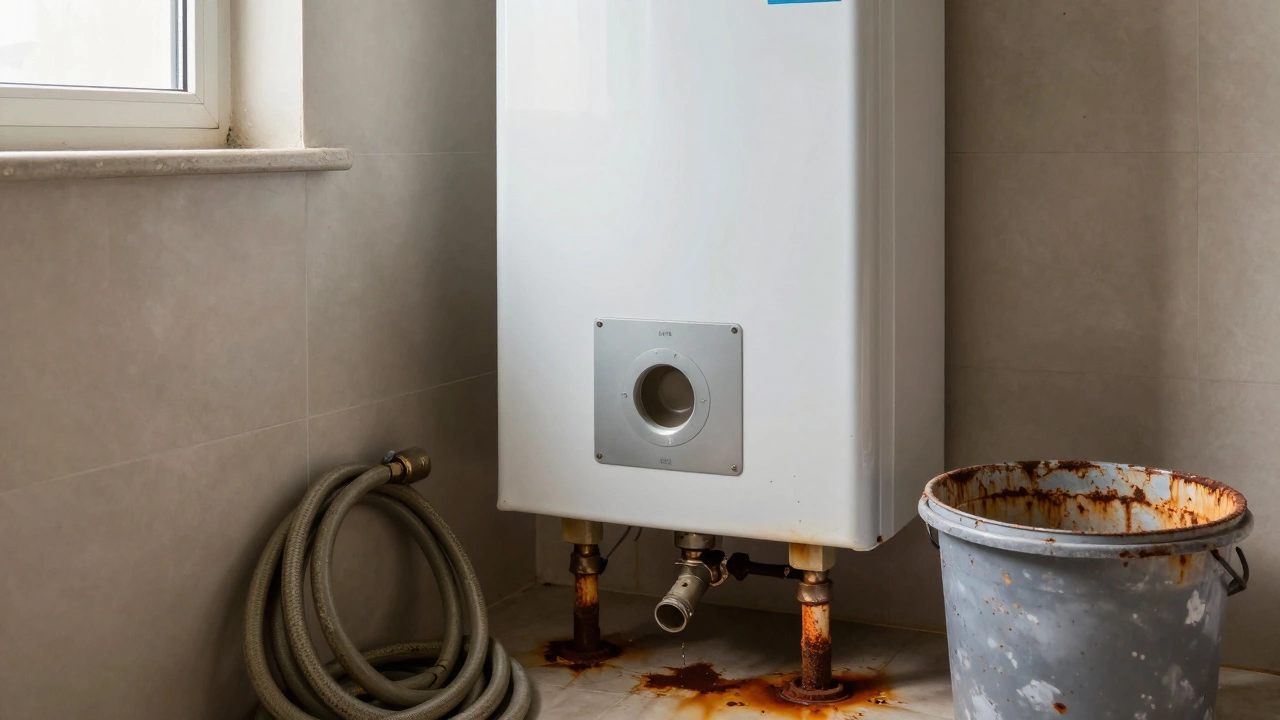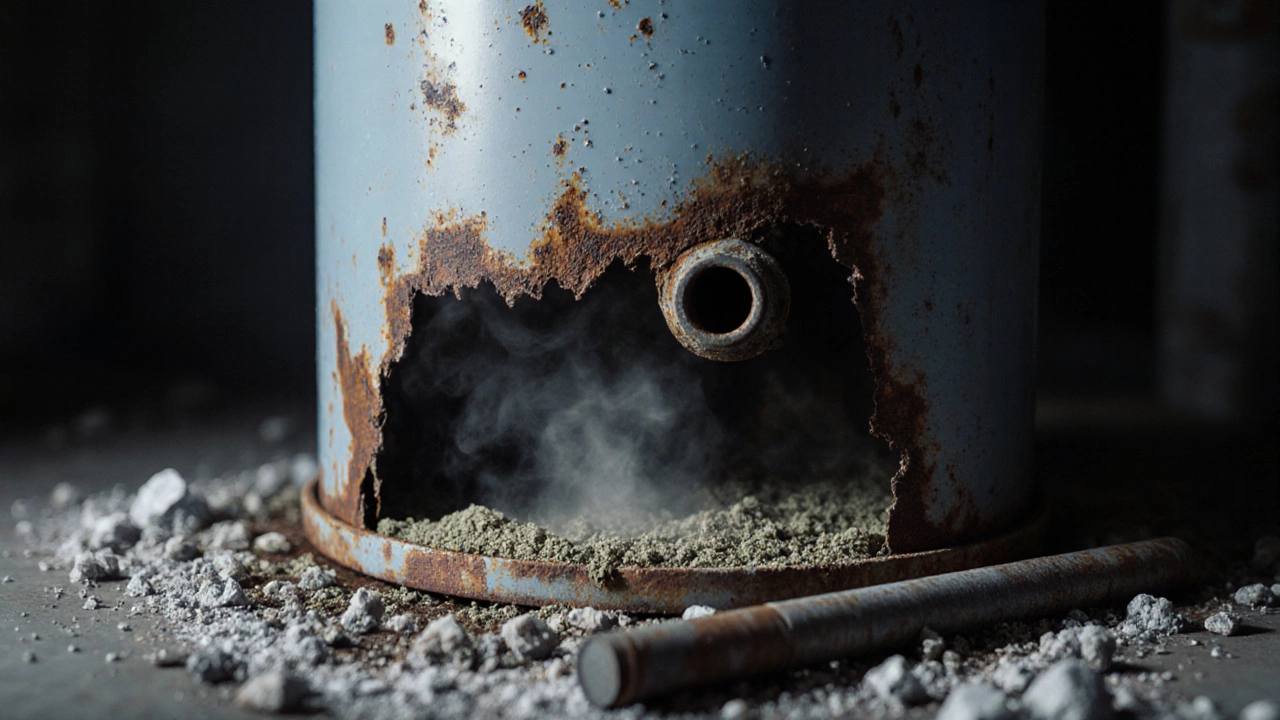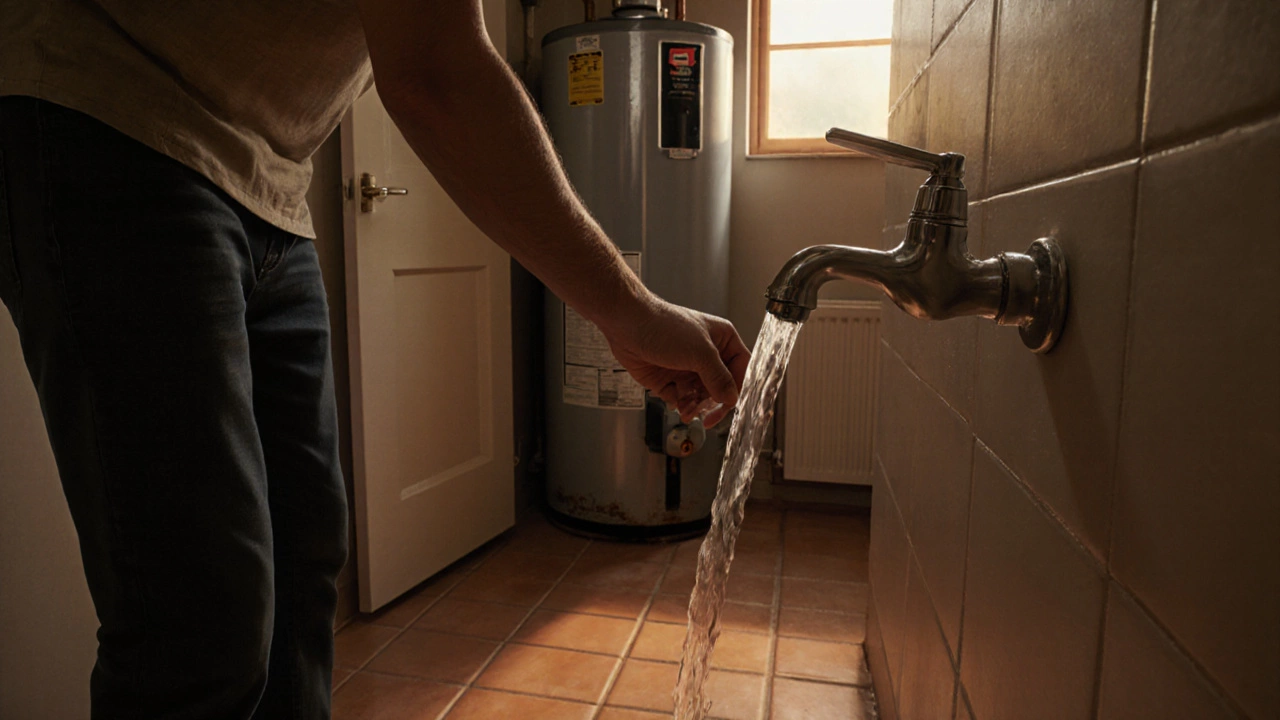Water Heater Lifespan: What to Expect and How to Extend It
Ever wonder why your water heater feels older than it should? Most units are built to give you anywhere from 8 to 12 years of hot water, but a few things can push that number higher or lower. Knowing the basics helps you avoid surprise cold showers and costly replacements.
What Affects a Water Heater’s Life?
First off, the type of heater matters. Traditional tank models with a steel or glass liner tend to last about 8‑10 years. Tank‑less (on‑demand) units can push 15‑20 years because there’s no rust‑prone tank inside. Material quality, water hardness, and how often you use hot water also play big roles.
One of the biggest culprits is corrosion. Over time the anode rod – a metal stick that attracts rust – wears out. When it’s gone, the tank’s inner walls start to corrode faster. Sediment from hard water settles at the bottom, causing the heating element to overheat and fail. Both problems can shorten the heater’s life by years.
Signs Your Heater Is Near the End
Watch for these red flags: strange noises (like popping or rumbling), water that isn’t as hot as before, leaks around the base, and the dreaded need to keep resetting the thermostat. If you notice any of these, it’s a good time to call a professional for a quick check.
Another clue is the age of the unit. If it’s been more than a decade, even if it seems fine, start budgeting for a replacement. Repair costs can add up, and at some point a new heater will be more economical.
But don’t panic – simple maintenance can add years to the lifespan. Flushing the tank once a year clears out sediment. Checking the anode rod every 2‑3 years and swapping it out when it’s eroded keeps corrosion at bay. Also, set the thermostat to around 120°F (49°C); higher temperatures speed up wear and waste energy.Regularly inspecting the pressure‑relief valve ensures safety and prevents leaks. If the valve drips or doesn’t release pressure, replace it right away.
When a problem pops up, ask yourself: repair or replace? If the heater is under 8 years and the issue is a single part, repair usually makes sense. For older units or multiple failures, a new model will likely save money in the long run.
Bottom line: a water heater isn’t a set‑and‑forget appliance. A little yearly care – flushing, anode checks, and thermostat tweaks – can push a typical 10‑year tank toward its maximum life. If you’re in Glastonbury and need a hand, our local technicians can diagnose, repair, or recommend the right replacement fast.
Keep these tips in mind, and you’ll enjoy steady hot water without surprise breakdowns. Your heater will thank you, and so will your wallet.

How Long Should a Water Heater Last? Realistic Expectations and Signs It’s Time to Replace
Most water heaters last 8-12 years, but maintenance and water quality affect lifespan. Learn the signs your heater is failing and when to replace it before it causes damage.

Why Do Water Heaters Fail So Quickly? Common Causes and How to Avoid Them
Water heaters often fail early due to hard water, sediment buildup, and neglected maintenance. Learn the real reasons behind premature failure and how to extend your heater's life with simple, proven steps.

Hot Water Heater Repair: When to Fix or Replace in Brisbane
Find out when it's smarter to repair your hot water heater or replace it, with cost breakdowns, safety tips, and a clear decision checklist for Brisbane homeowners.

How Long Should Your Water Heater Last? Expert Repair Tips & Lifespan Facts
Get the facts on how many years a water heater really lasts, what affects its lifespan, and easy tips to help yours last longer. Learn when to repair or replace.